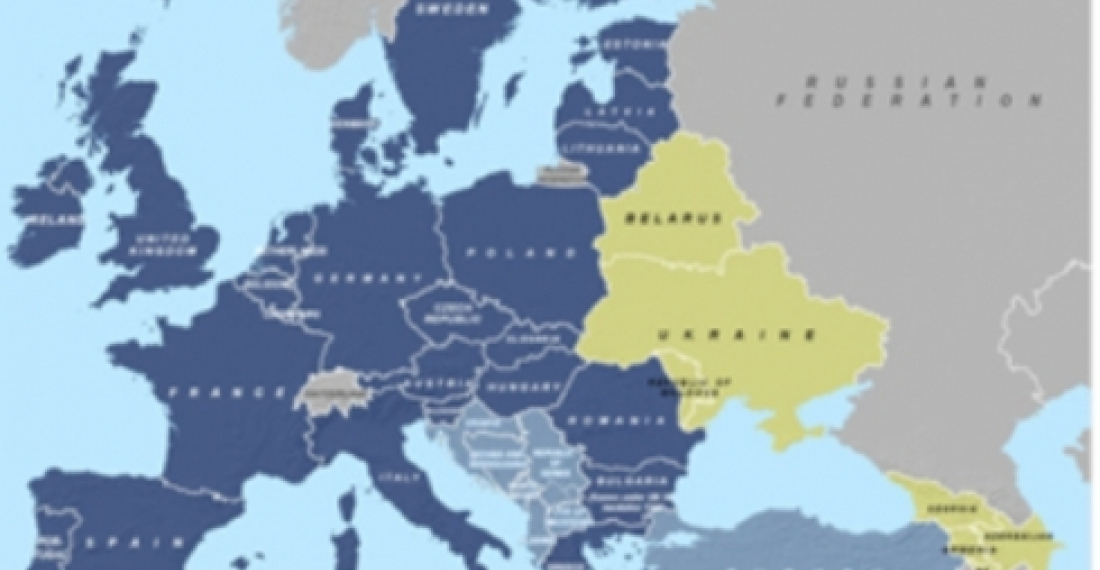The European Union is being forced to review its whole strategy towards its Eastern neighbourhood after a series of setbacks in the field of human rights and democratic governance in several of the six partner countries.
When launched, the Eastern Partnership was hailed as a mechanism that would allow the EU's six immediate neighbours: Armenia, Azerbaijan, Belarus, Georgia, Moldova and Ukraine to benefit from closer relations with the European Union, generous economic assistance and prospects for further integration. The slogan "more for more" was coined - partner countries would benefit more if they do more in the field of reforms, both political and economic.
Over the last months however, the record of several of the six partner countries with respect to human rights, basic freedoms and democratic governance has gone from bad to worse. First there was Belarus with which the European Union has had a troubled relationship for many years. Things came to a head at the Eastern Partnership summit in Warsaw at the end of September when the partner countries refused to join the EU in condemning Belarus.
There are outstanding issues, and new ones have recently arisin, with the countries of the South Caucasus too.
However, the decision of a Kiev court to sentence former Ukrainian Prime Minister Yulia Timoshenko to seven years imprisonment, turns what has so far been a problem into a crisis. The European Union - together with the US, the UK, Russia and the Secretary General of the UN - have condemned the Kiev judgement and pretty much accused the Ukrainian government of persecuting its opponents. This when Kiev has the Chairmanshiup of the Council of Europe and will soon have the Chairmanship of the OSCE.
The statement from the European Union states clearly that the EU will now need to reflect again on its whole relationship with Ukraine. Whilst the peaceful and orderly transition of power from President Yushenko to President Yanokovich marked a high point in Ukraine's political maturity, Timoshenko's imprisonment is a sign of how much things have deteriorated since.
The European Union cannot ignore events in its Eastern neighbourhood. It could be that "more for more" may be about to become "less for less".
This comment was prepared by the www.commonspace.eu editorial team







